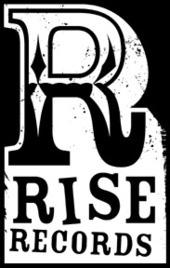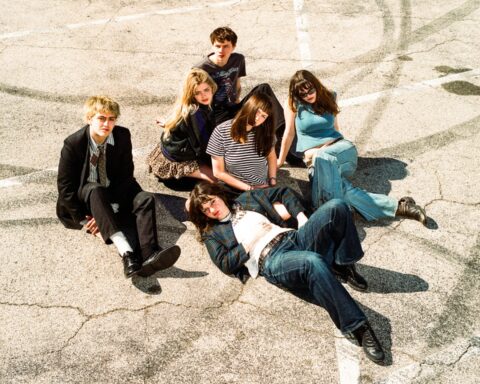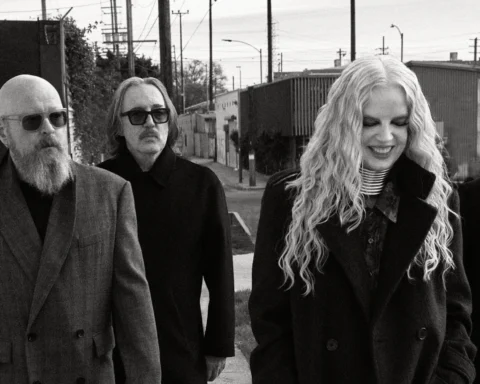After more than three decades of carving their place in American rock, Chevelle return with their tenth studio album, Bright As Blasphemy. The Chicago alt-rock veterans — brothers Pete and Sam Loeffler — are no strangers to the weight of expectation. With a long history of Billboard hits, multi-platinum sales, and a reputation for taut, riff-driven anthems, every new release carries with it the promise of something formidable. And yet, Bright As Blasphemy is an album defined as much by its potential as by its hesitations.
From the outset, the record feels like it has all the ingredients for greatness. Opener “Rabbit Hole (Cowards, Pt. 1)” simmers with restraint, teasing a full eruption before retreating back to safety. Its counterpart, “Jim Jones (Cowards, Pt. 2),” launches with a bruising riff, only to circle back without fully capitalizing on its menace. This stop-start quality permeates much of the record, creating atmospheres that are compelling but never quite fully realized.

That’s not to say Bright As Blasphemy lacks bite. Tracks like “AI Phobias” strike a thematic nerve, spotlighting modern anxieties with ominous weight. Pete Loeffler’s lyrics sharpen this edge, seething with distrust of blind obedience — “When the leaders don’t drink from it first, the brainwashed have lost” — a sentiment that resonates as much politically as personally. Elsewhere, “Hallucinations” offers a chilling soundscape that hints at brilliance, even if it doesn’t fully close the loop.
Chevelle themselves describe the album as a reflection on human existence — its challenges, its possibilities, and what we choose to do with our time. That ambition comes through in the record’s brooding tone and layered production, but too often the execution falls short of the vision. For all its poised riffs and ominous textures, the songs frequently feel like sketches waiting to be fully drawn.
Still, Bright As Blasphemy isn’t a misstep so much as a reminder of Chevelle’s enduring strengths and lingering frustrations. The Loefflers remain a powerhouse duo with the ability to craft tense, muscular rock, but here they sometimes hold their punches rather than land them. For longtime fans, the album adds another chapter to a catalog that has already secured the band’s place in American rock history. For newcomers, it may feel like a gateway — a record that hints at greater heights in their past and perhaps still ahead.
Bright As Blasphemy is a bold yet restrained entry in Chevelle’s discography — an album with jaws wide open, but teeth not quite sharp enough.









